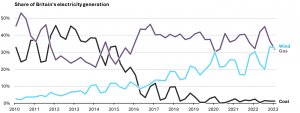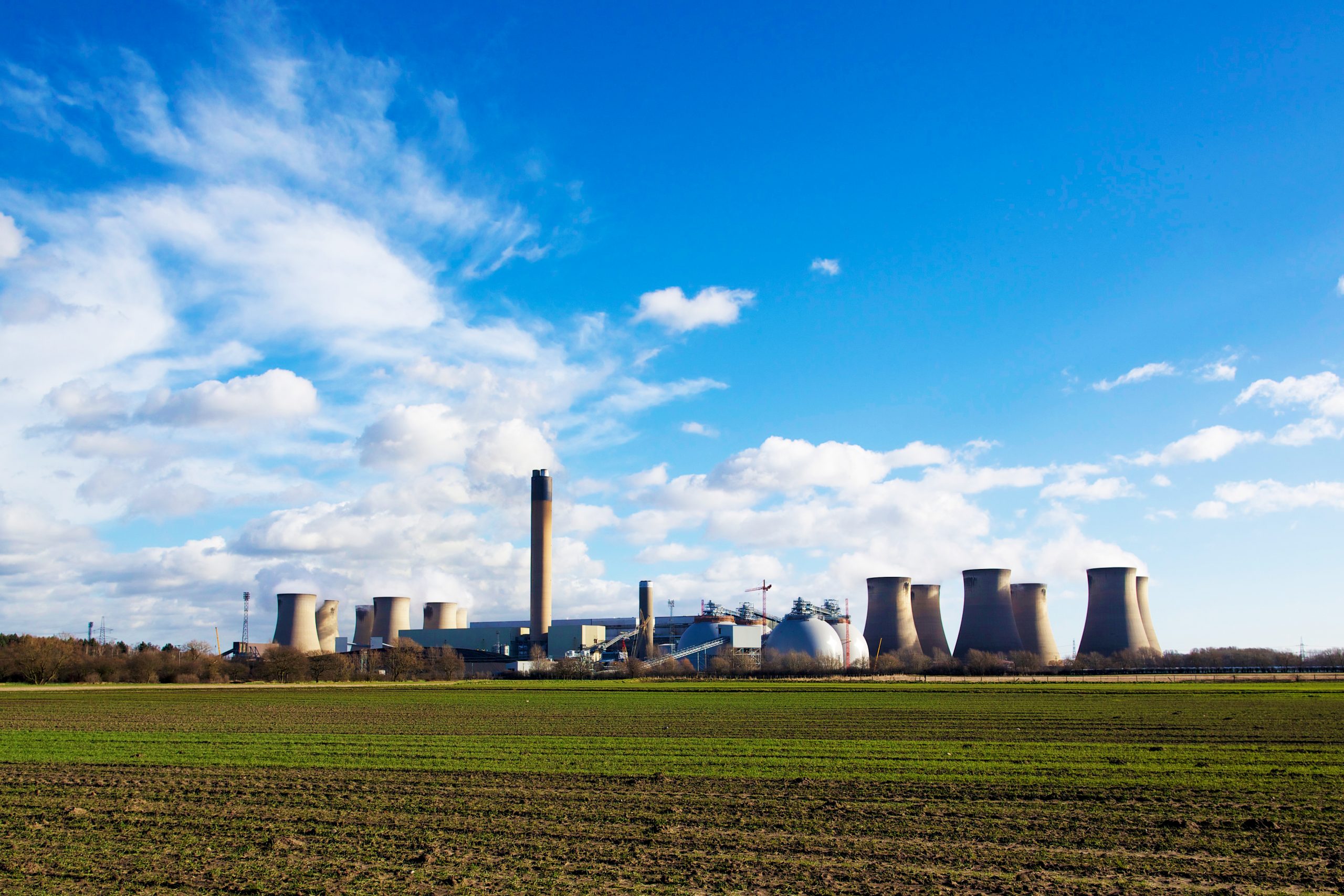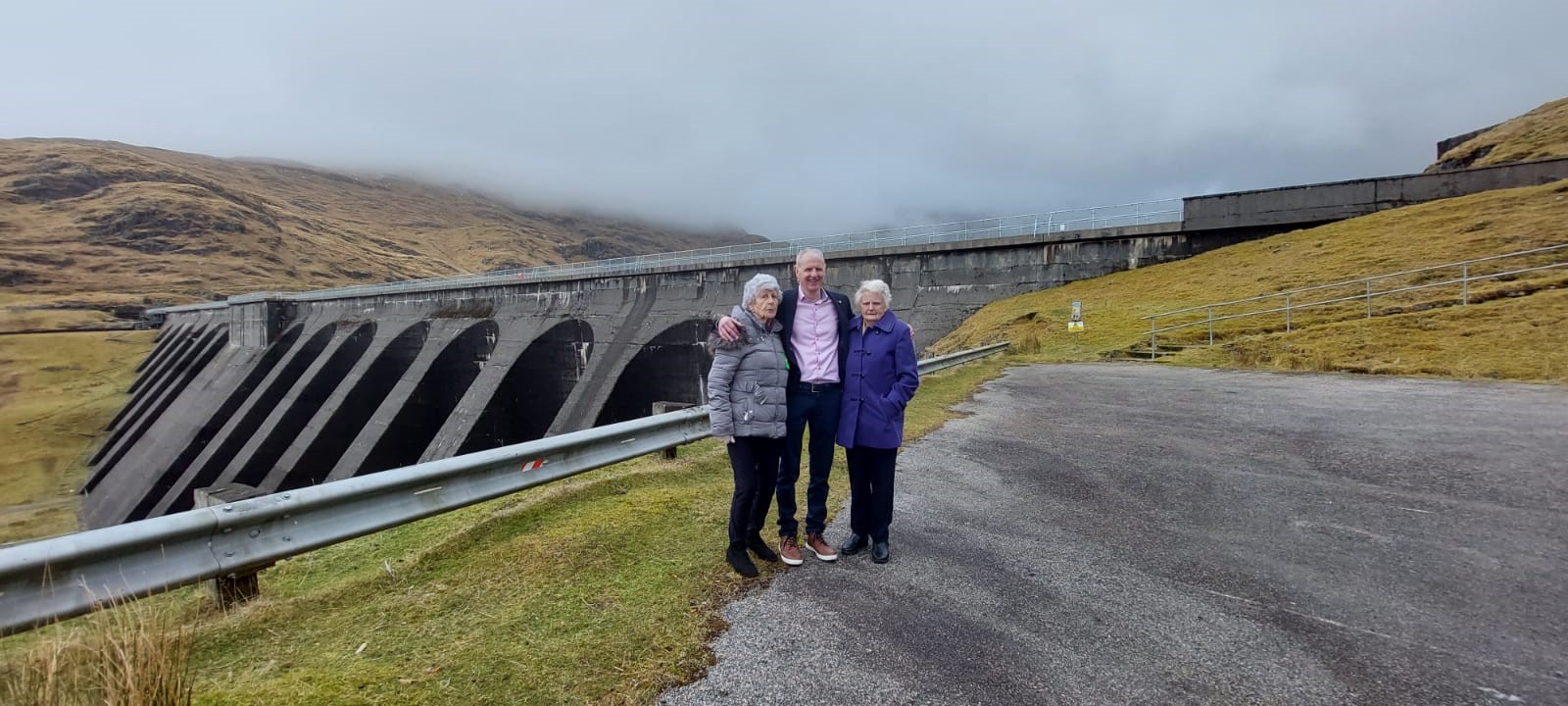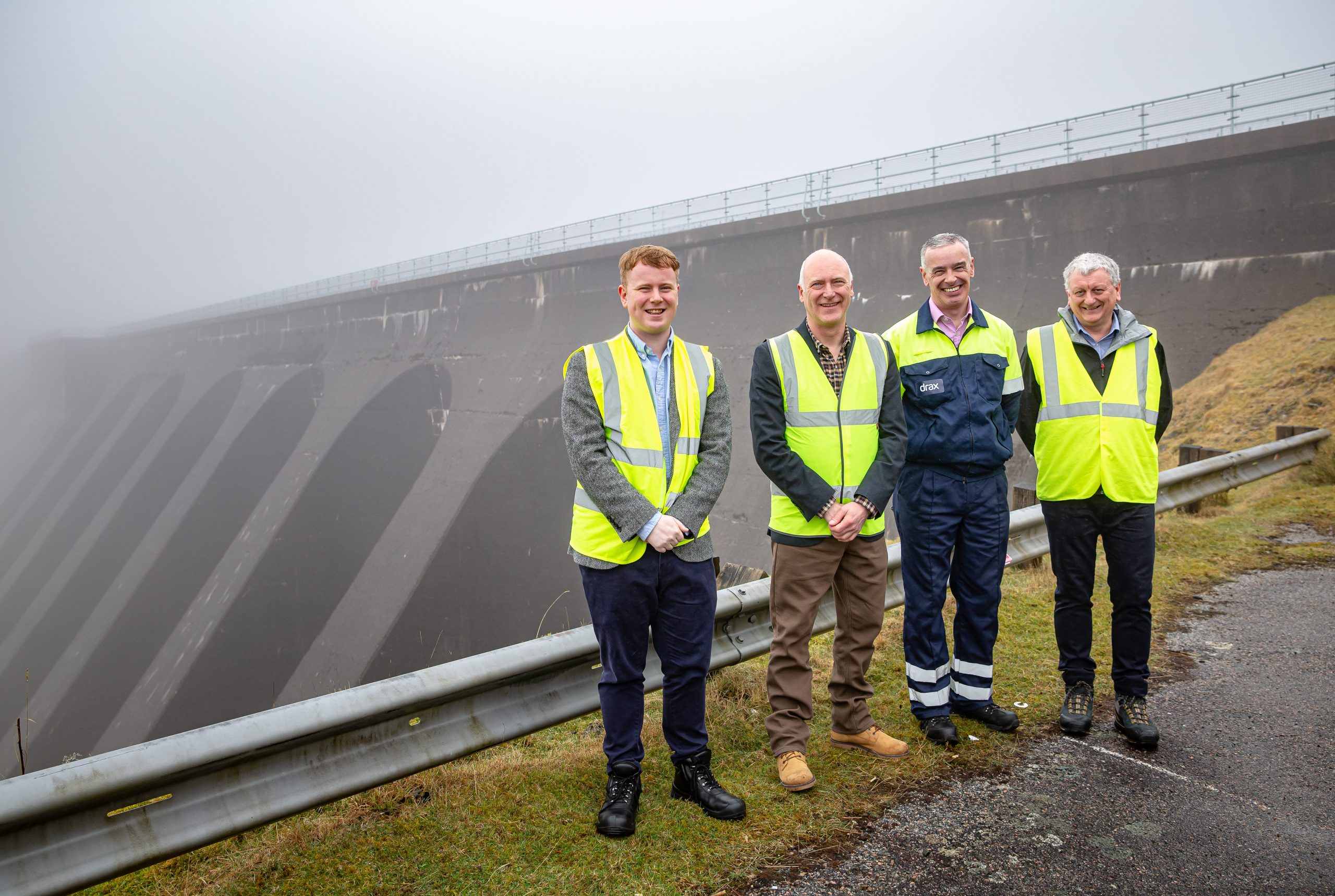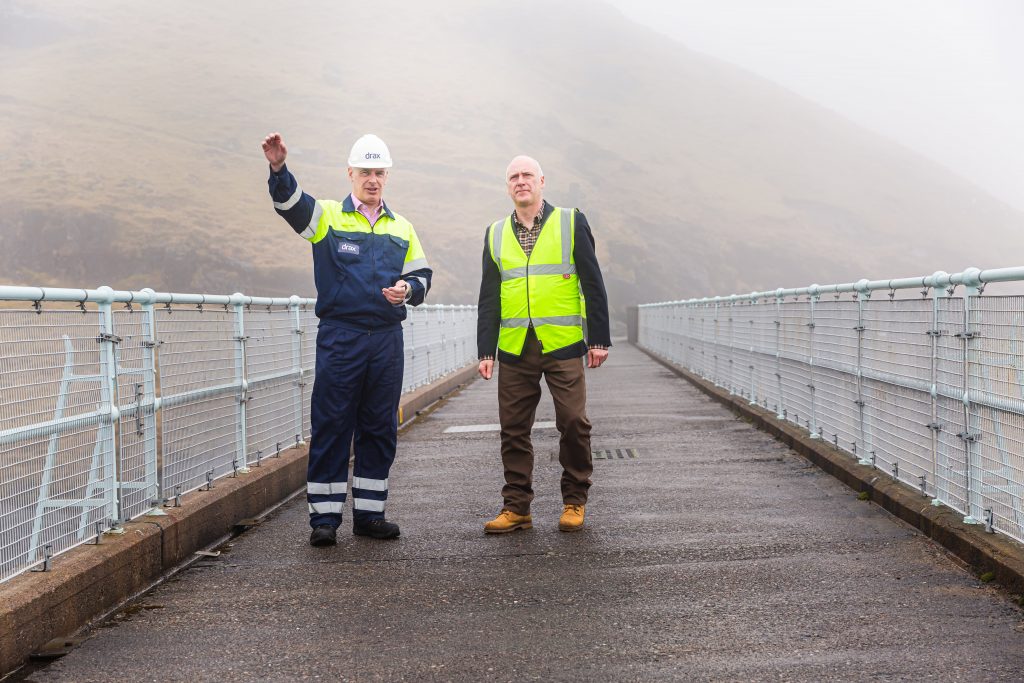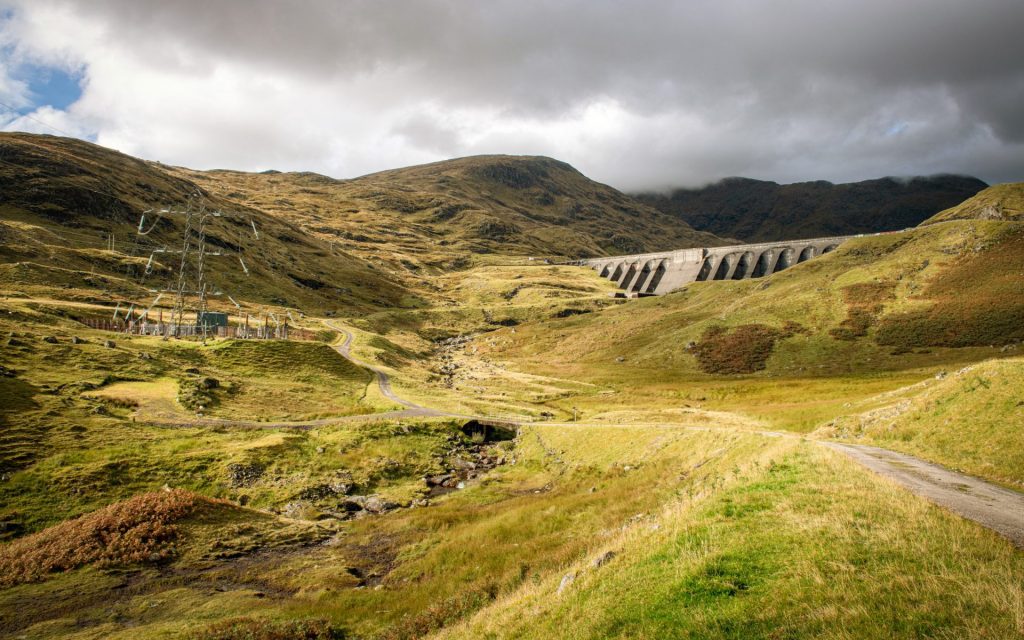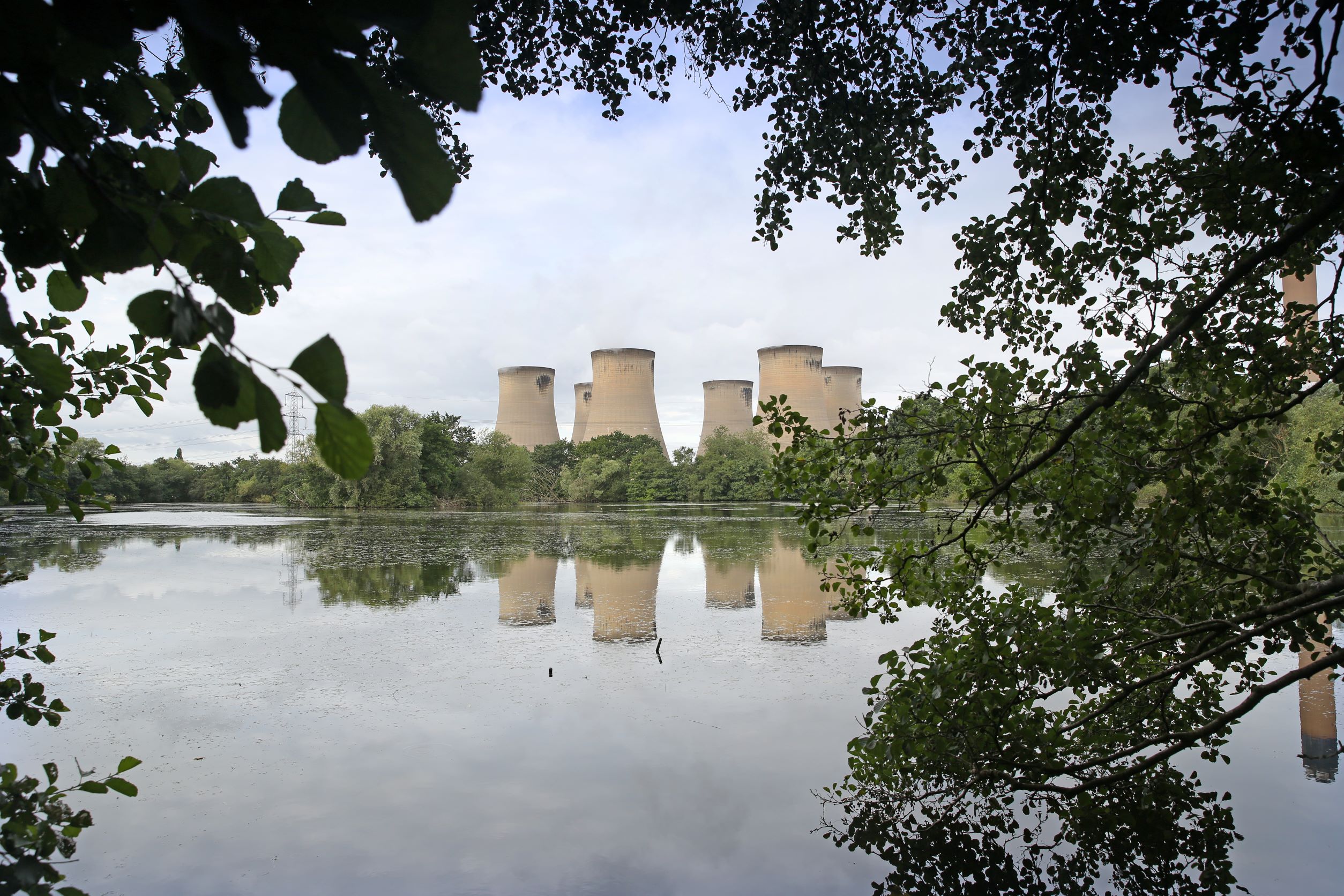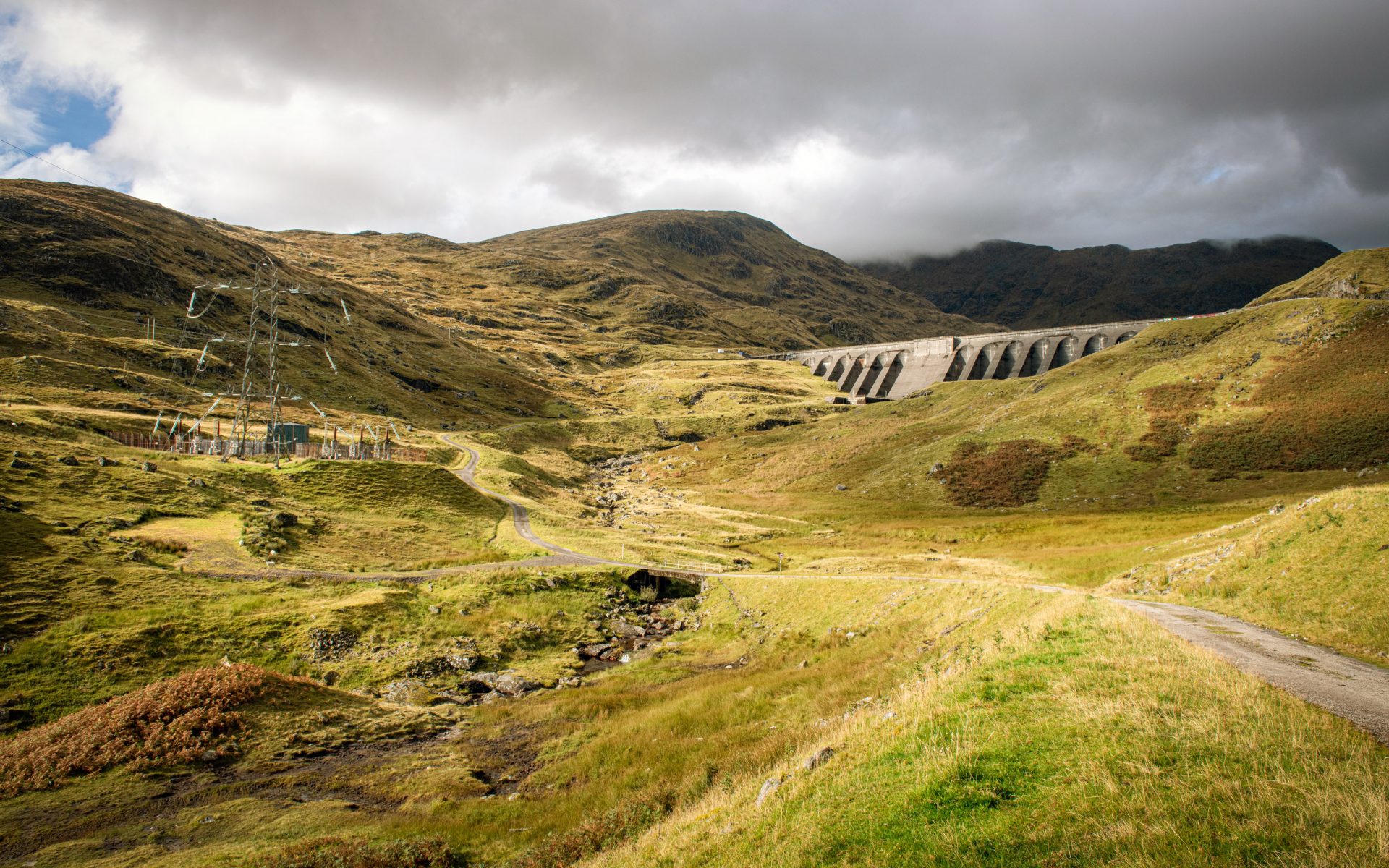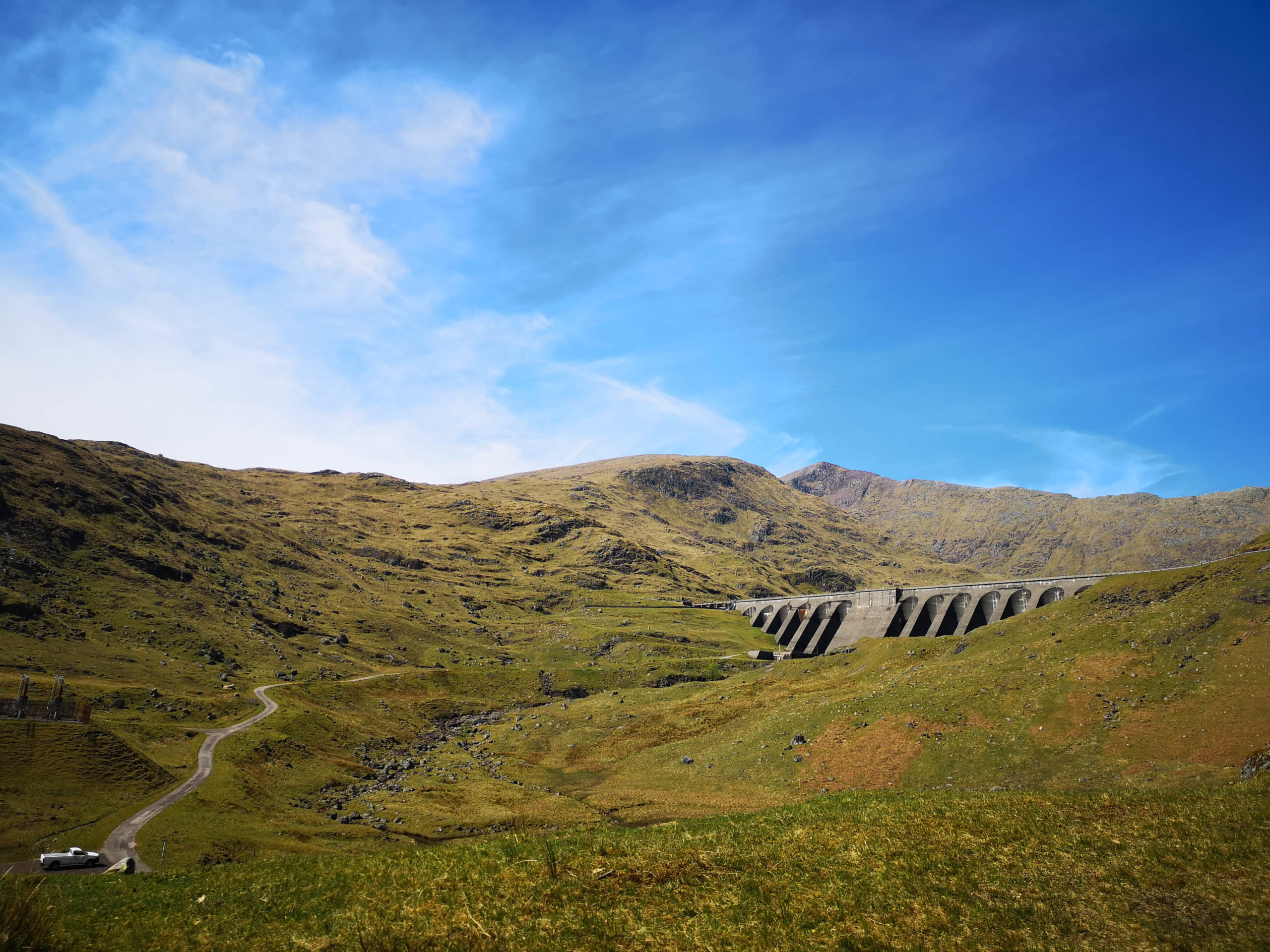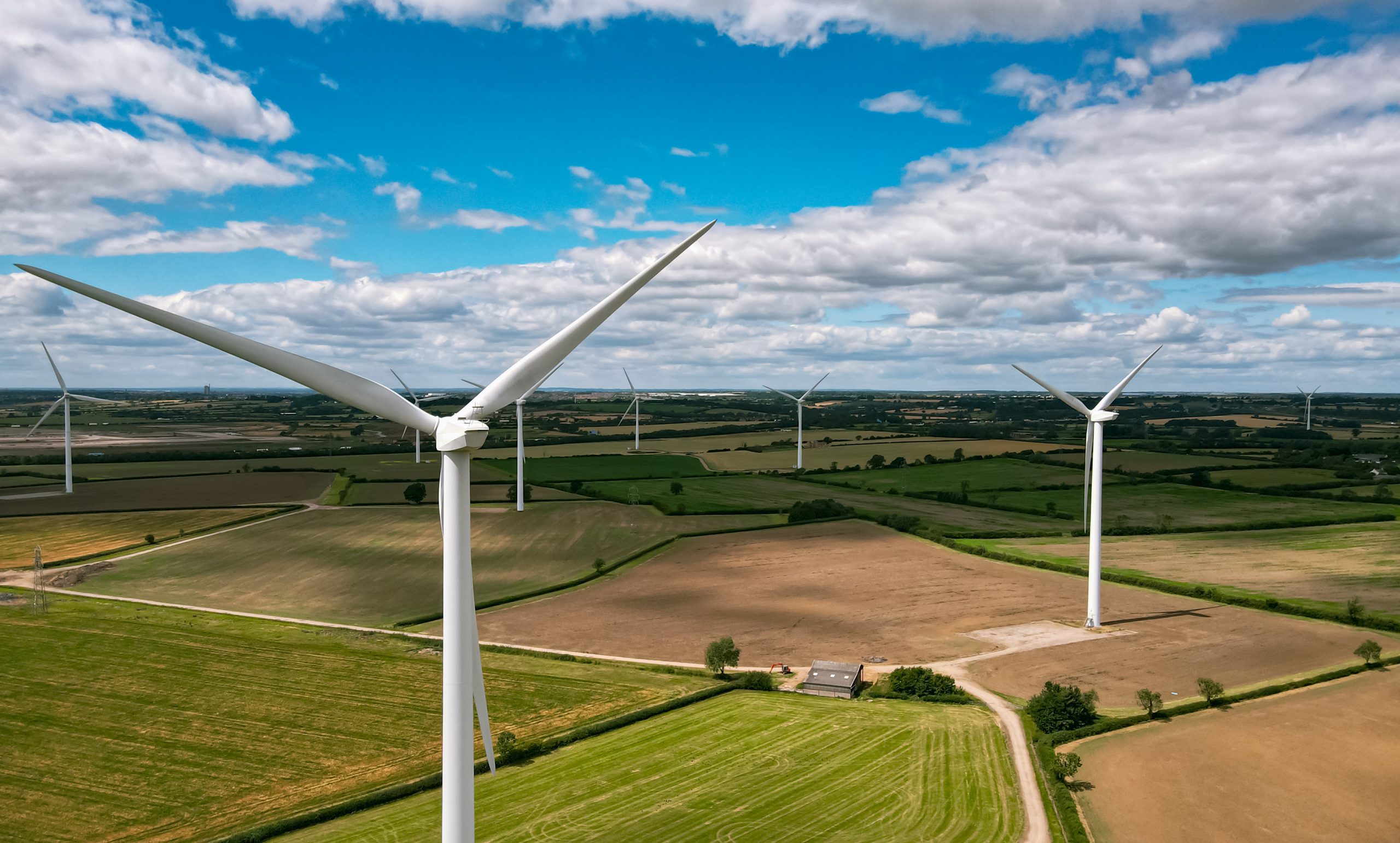
Almost a third (32.4%) of Britain’s electricity was supplied from wind power during the first quarter of 2023, outpacing gas which delivered 31.7%. It is the first-time wind has provided the largest share of power in any quarter in the history of the country’s electricity grid.
The findings have been released ahead of the next instalment of the quarterly Drax Electric Insights report. The publication is an independent report by academics from Imperial College London commissioned through Imperial Consultants.
Across the three months, Britain’s turbines generated 24 TWh of electricity – enough to charge more than 300 million Tesla Model Ys. Output from wind was 3% higher than during the same quarter last year, while gas was down by 5%.
Almost 42% of Britain’s electricity came from renewable sources (wind, solar, biomass, and hydro) in the first three months of 2023. Fossil fuels supplied 33%, with the rest coming from imports from abroad and the country’s shrinking nuclear fleet.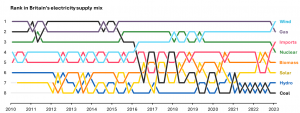
Dr Iain Staffell of Imperial College London, and lead author of the quarterly Drax Electric Insights report series, said: “The renewable power revolution has transformed how Britain gets its electricity, making our power grid cleaner and greener.
“In the space of a decade the UK has almost completely cut out coal, after relying on the most polluting fossil fuel for over a century to power our country. There are still many hurdles to reaching a completely fossil fuel-free grid, but wind out supplying gas for the first time is a genuine milestone event, and shows what can be achieved when governments create a good environment for investors in clean technology.”
Britain has just one coal-fired power station left following Drax ending the use of the fuel at its plant in North Yorkshire last month. Once the largest coal-fired power station in Western Europe, the plant is now the single largest generator of renewable power in the UK. Over the last decade four of the power station’s six generating units have been converted to use sustainable biomass, providing the UK with clean, green, and secure renewable electricity.
Bruce Heppenstall, Drax Power Station Plant Director, said: “This is a remarkable achievement for the UK, and it comes at a vital time when cutting the use of foreign gas is critical to our national energy security. Throughout the energy crisis, biomass has also played a crucial role in providing the country with a reliable source of renewable power to displace fossil fuels from abroad.
“At Drax, we believe the UK must now focus on unlocking investment in carbon negative technologies, such as Bioenergy with Carbon Capture and Storage (BECCS), which permanently remove more carbon dioxide from the atmosphere than they emit. Only BECCS can simultaneously remove millions of tonnes of carbon dioxide from the atmosphere whilst also generating reliable, renewable power when the wind isn’t blowing, or the sun is not shining.
“Countries across the world, and particularly the United States, are stepping up to address climate change, we believe the UK Government should accelerate its policy support for BECCS to give this country the best chance of establishing itself as a world leader in carbon removals, attracting further clean energy investment, creating jobs and delivering its net zero targets.”
ENDS
Media contacts:
Aidan Kerr
Media Manager
E: aidan.kerr@drax.com
T: 07849090368
Editor’s Notes:
In Q1 2023, Britain’s electricity fuel mix was:
- Wind 32.4% 24.0 TWh
- Gas 31.7% 23.4 TWh
- Imports 12.6% 9.2 TWh
- Nuclear 12.5% 9.2 TWh
- Biomass 5.7% 4.2 TWh
- Solar 2.3% 1.7 TWh
- Hydro 1.5% 1.1 TWh
- Coal 1.3% 0.9 TWh
- The useable battery of a standard Tesla Model Y is 75 kWh, meaning 24 TWh of electricity could charge 320,000,000 of these vehicles.
- Drax Power Station began co-firing biomass with coal in 2003, with the first of four full-unit conversions from coal to sustainable biomass taking place in 2013.
- Drax’s UK generation assets are the country’s largest source of renewable power by output – 11% of annualised total, 19% of peak (up to 70% in-day peak) in 2022.
About Drax
Drax Group’s purpose is to enable a zero carbon, lower cost energy future and in 2019 announced a world-leading ambition to be carbon negative by 2030, using bioenergy with carbon capture and storage (BECCS) technology.
Drax’s around 3,000 employees operate across three principal areas of activity – electricity generation, electricity sales to business customers and compressed wood pellet production and supply to third parties. For more information visit www.drax.com
Power generation:
Drax owns and operates a portfolio of renewable electricity generation assets in England and Scotland. The assets include the UK’s largest power station, based at Selby, North Yorkshire, which supplies five percent of the country’s electricity needs.
Having converted Drax Power Station to use sustainable biomass instead of coal it has become the UK’s biggest renewable power generator and the largest decarbonisation project in Europe. It is also where Drax is piloting the groundbreaking negative emissions technology BECCS within its CCUS (Carbon Capture Utilisation and Storage) Incubation Area.
Its pumped storage, hydro and energy from waste assets in Scotland include Cruachan Power Station – a flexible pumped storage facility within the hollowed-out mountain Ben Cruachan.
The Group also aims to build on its BECCS innovation at Drax Power Station with a target to deliver 4 million tonnes of negative CO2 emissions each year from new-build BECCS outside of the UK by 2030 and is currently developing models for North American and European markets.
Pellet production and supply:
The Group has 19 operational pellet plants and developments with nameplate production capacity of around 5 million tonnes a year.
Drax is targeting 8 million tonnes of production capacity by 2030, which will require the development of over 3 million tonnes of new biomass pellet production capacity. The pellets are produced using materials sourced from sustainably managed working forests and are supplied to third party customers in Europe and Asia for the generation of renewable power.
Drax’s pellet plants supply biomass used at its own power station in North Yorkshire, England to generate flexible, renewable power for the UK’s homes and businesses, and also to customers in Europe and Asia.
Customers:
Drax supplies renewable electricity to UK businesses, offering a range of energy-related services including energy optimisation, as well as electric vehicle strategy and management.
To find out more go to the website www.energy.drax.com






